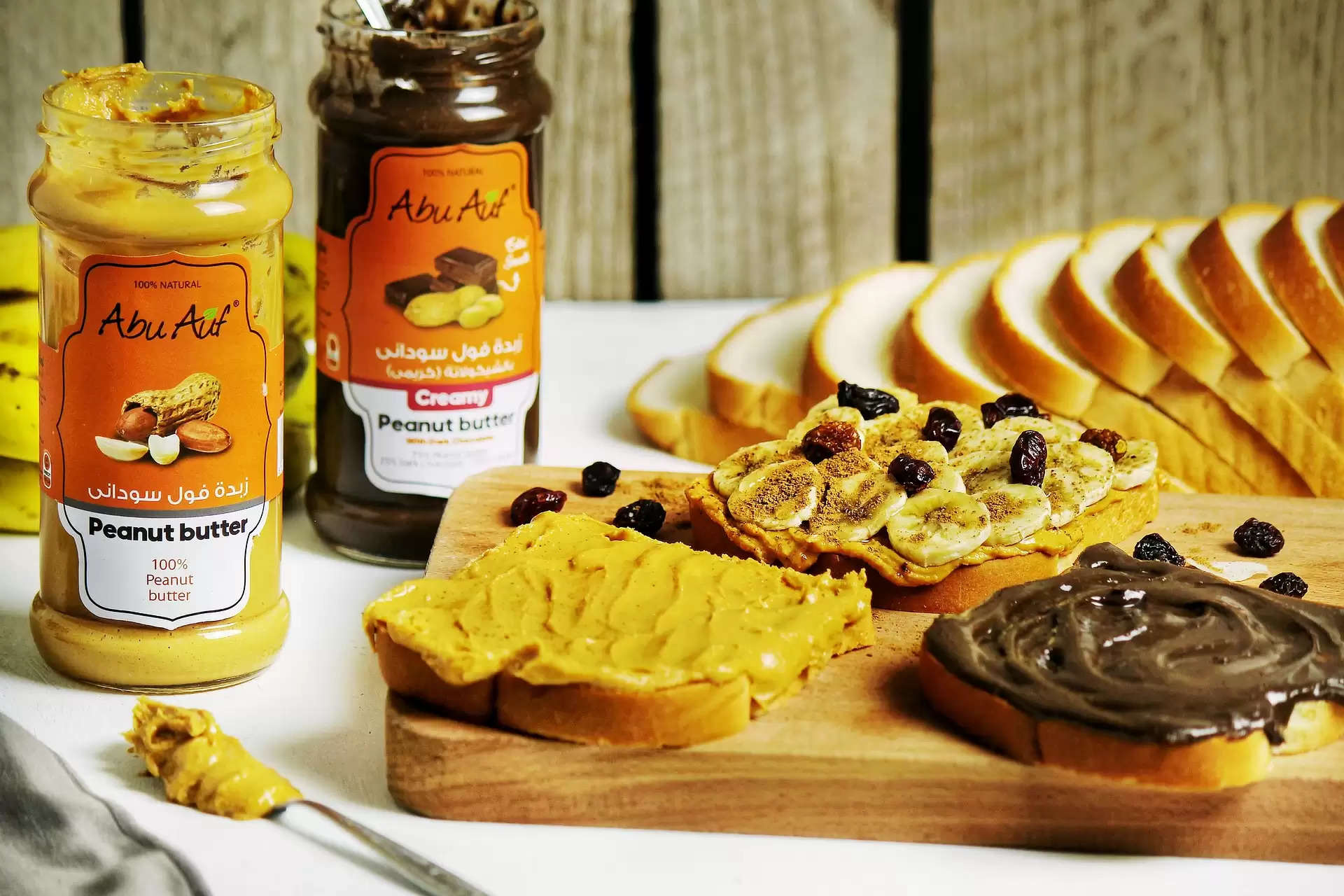Peanut Butter: Health Boosts and Key Caveats

Whether you're spreading peanut butter on toast before a workout, adding it to overnight oats, or blending it into smoothies, there's ample reason to keep this beloved spread in your pantry. If you haven't made peanut butter a staple in your diet yet, you might want to reconsider (unless you're allergic, of course).
This protein-packed spread offers numerous health benefits, but it's important to be mindful of certain caveats. Here’s an in-depth look at why peanut butter is good for you and how to make the healthiest choice.
The Nutritional Power of Peanut Butter
From a nutritional standpoint, peanut butter is a powerhouse of healthy fats, plant-based protein, vitamins, minerals, and some fiber. However, not all peanut butter is created equal. The key is to understand the differences between natural and processed peanut butter and to choose wisely.
Natural vs. Processed Peanut Butter
Natural peanut butter typically contains just peanuts and perhaps a bit of salt. In contrast, processed peanut butter often includes sugar, hydrogenated vegetable oils (like cottonseed, soybean, and rapeseed oil), and salt. These additional ingredients can reduce the protein content per serving and increase unhealthy fats, particularly saturated fats.
Health Benefits of Peanut Butter
Peanut butter is not just delicious; it also comes with impressive health benefits.
Cardiovascular Health
Regular consumption of nuts and peanut butter is linked to improved heart health and a reduced risk of cardiovascular disease. This is due to its content of resveratrol, phenolic acids, flavonoids, and phytosterols, which help block cholesterol absorption. Additionally, about 50% of the fats in peanut butter are heart-healthy monounsaturated fats, similar to those found in olive oil.
Satiety and Blood Sugar Balance
Peanut butter's combination of fat, protein, and fiber helps balance blood sugar levels. These nutrients slow down digestion, releasing energy gradually into the bloodstream, making it a low-glycemic food. This helps you feel fuller longer and can prevent blood sugar spikes, especially when paired with high-glycemic foods.
Muscle Strength
Peanut butter is a valuable source of plant-based protein, offering about seven to eight grams per two-tablespoon serving. This makes it an excellent option for building and repairing muscle, particularly for vegetarians and vegans who may not consume animal protein. Its protein content is even higher than that of an egg, which contains about six grams.
Cancer Risk Reduction
Peanuts, and consequently peanut butter, are rich in antioxidants like vitamins E and B, manganese, coumaric acid, and resveratrol. These compounds can prevent and repair cellular damage, thereby reducing the risk of chronic diseases and cancers, including breast, colon, esophageal, and pancreatic cancer.
Improved Gut Health
Peanut butter is a good source of both soluble and insoluble dietary fibers, providing a prebiotic effect. Prebiotics feed probiotics, helping maintain a healthy balance of gut bacteria. Incorporating peanut butter with other gut-friendly foods can enhance gut health.
Is Peanut Butter Right for You?
Peanut butter can be a nutritious and satisfying addition to your diet, offering plant-based protein and numerous health benefits. However, individual factors such as genetics, health goals, and immune responses play a role in determining its impact on your well-being.
Consulting with a licensed practitioner or registered dietitian can provide personalized recommendations based on your specific needs.
Choosing the Healthiest Peanut Butter
To select the healthiest peanut butter, follow these guidelines:
- Opt for organic options with minimal added ingredients, ideally just peanuts and possibly salt.
- Avoid varieties with hydrogenated oils, added sugars, sweeteners, and preservatives.
- Be cautious of "natural" labels that include a long list of additives.
- Consider making your own peanut butter by blending unsalted peanuts.
By choosing wisely, you can enjoy the numerous benefits of peanut butter while maximizing its nutritional value.
Medical Disclaimer: The information and reference materials contained here are intended solely for the general information of the reader. Patients and consumers should review the information carefully with their professional health care provider. The information is not intended to replace medical advice offered by physicians. You should consult your physician before beginning a new diet, nutritional or fitness program. The publisher or its management do not claim responsibility of this information.
.jpg)
